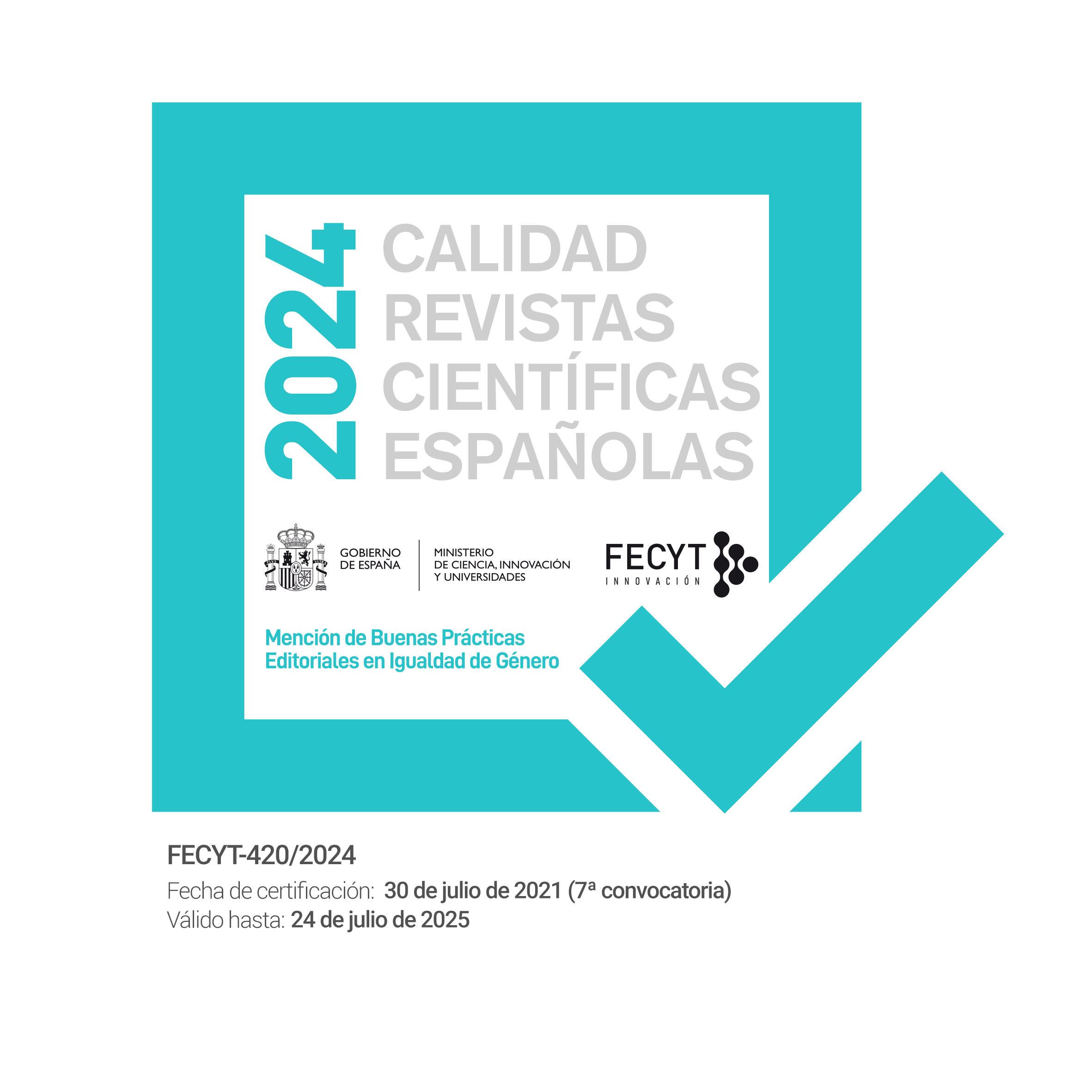Humans, Ants, Parasites: Eating and Being Eaten in the Surinamese Amazon
DOI:
https://doi.org/10.1344/452f.2024.30.6Keywords:
Ants, Crops, Amazon, Suriname, Coloniality, Ant eradicationAbstract
The populations of the Surinamese Amazon, whether of indigenous or African origin, have used different crop rotation systems for centuries. The presence of ants in their plots was considered an indicator of fertility exhaustion. The ants were seen as a sign that it was necessary to start a new plot elsewhere and thus played an important role for the communities. Despite being a Dutch colony for centuries, the colonial power in Suriname had little presence in the Amazon region until well into the 20th century. Biologists who participated in the colony’s early scientific expeditions to the Amazon interpreted the interaction between humans and ants as a sign of the “parasitic” nature of both. This essay shows how ant eradication campaigns financed by the colonial power since the 1950s have paved the way for large-scale infrastructure projects with a destructive power many times greater than traditional cultivation methods.
Downloads
Published
How to Cite
Issue
Section
License
Copyright (c) 2024 Simon Lobach

This work is licensed under a Creative Commons Attribution-NonCommercial-NoDerivatives 4.0 International License.
All contents published in the journal are protected under a Creative Commons BY-NC-ND license. This corresponds to legislation within Spain, and does not allow commercial use of the texts. It is not possible to modify the contents either.
General information.
Comparative Literature magazine 452ºF [ISSN 2013-3294] is a publishing project coordinated by Asociación Cultural 452ºF, and developed by its Editorial board.
Access to the Contents and Copyright.
All contents published in the journal are protected under a Creative Commons BY-NC-ND license. This corresponds to legislation within Spain, and does not allow commercial use of the texts. It is not possible to modify the contents either.
Every person has free access to the contents of the journal as long as they understand and assume that no profit is to be made on other people’s work.
In all cases, the original source name of the online journal and the article must be mentioned when used for any purposes.
Basic Conditions of all Call for Papers.
- 1. The author accepts that sending the paper:
- a. Does not guarantee the publication of it.
- b. Is done in accordance to the style-sheet of the magazine and the requirements of the specific call for papers.
- c. Implies the non-exclusive transferring of the first publication rights of the paper, as long as it is selected to be published in the journal, to theAsociación Cultural 452ºF, under a Creative Commons BY-NC-ND license.
- 2. The journal 452ºF, in due respect to moral rights of a copyright, guarantees that:
- a. All papers will be evaluated according to the procedure already mentioned.
- b. All authors will receive either a positive or negative answer to their sending a paper for publication.
- c. All papers will be published unabridged. The journal might make changes in the typographical disposition according to the needs.
- d. All papers will be published under a Creative Commons BY-NC-ND license.





